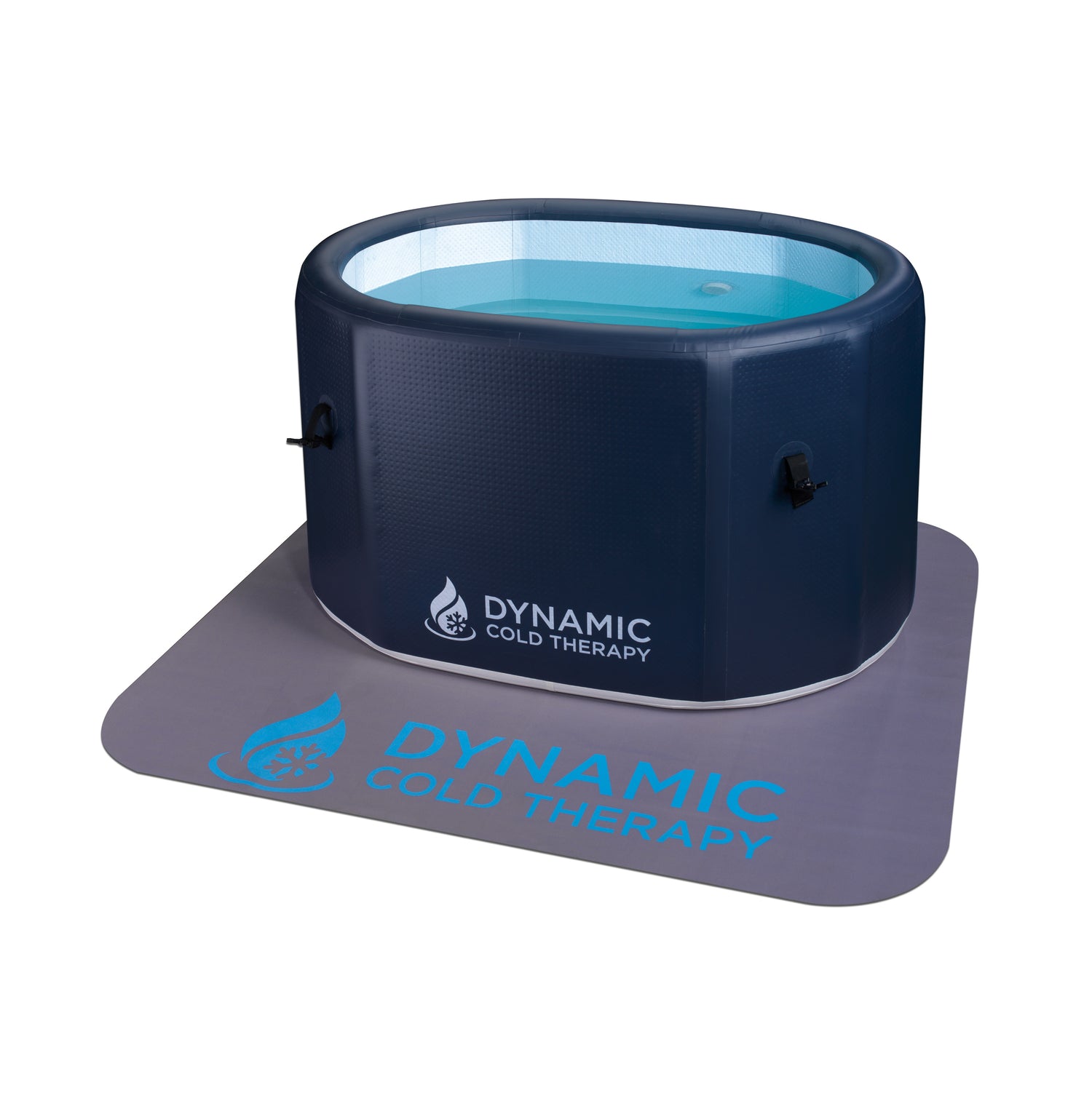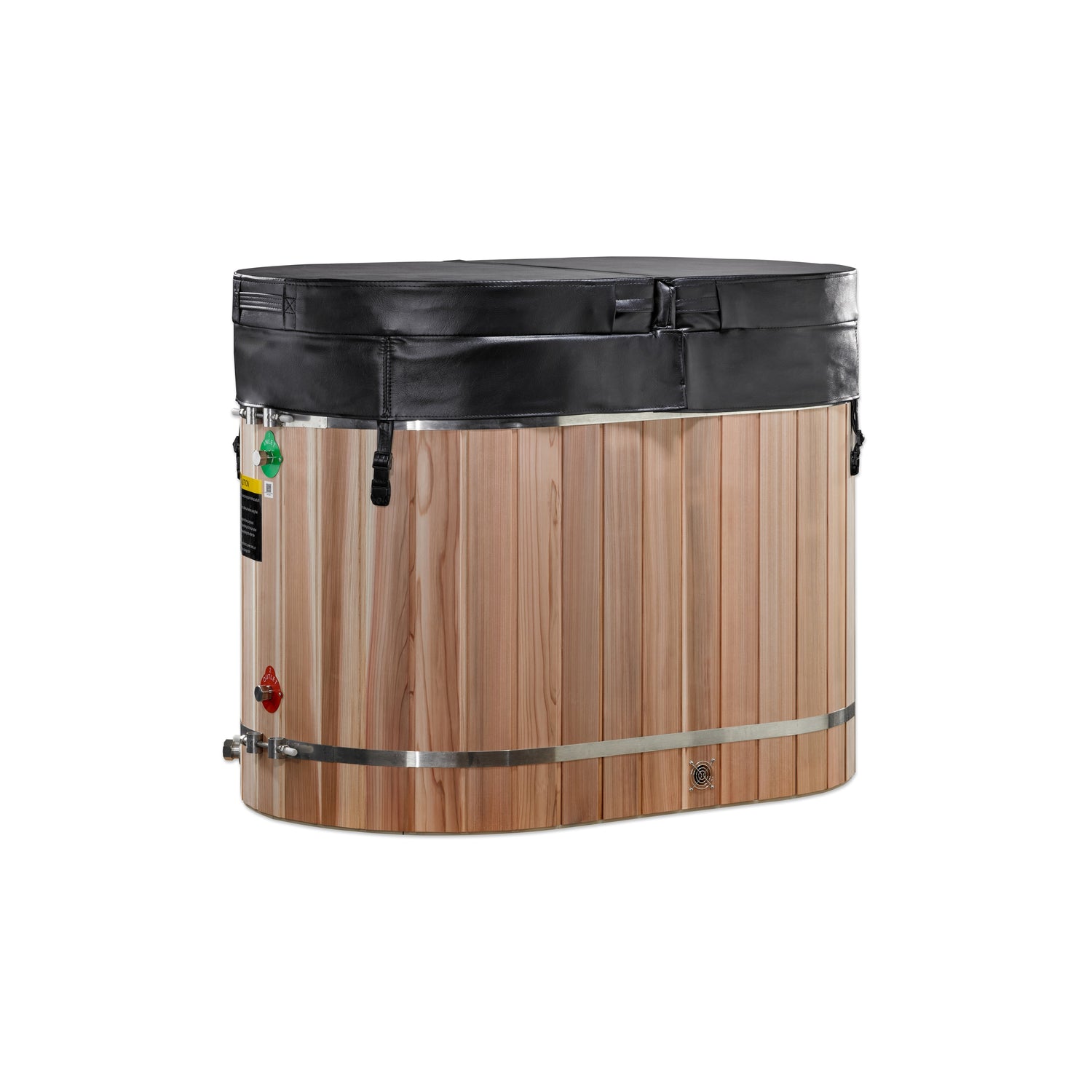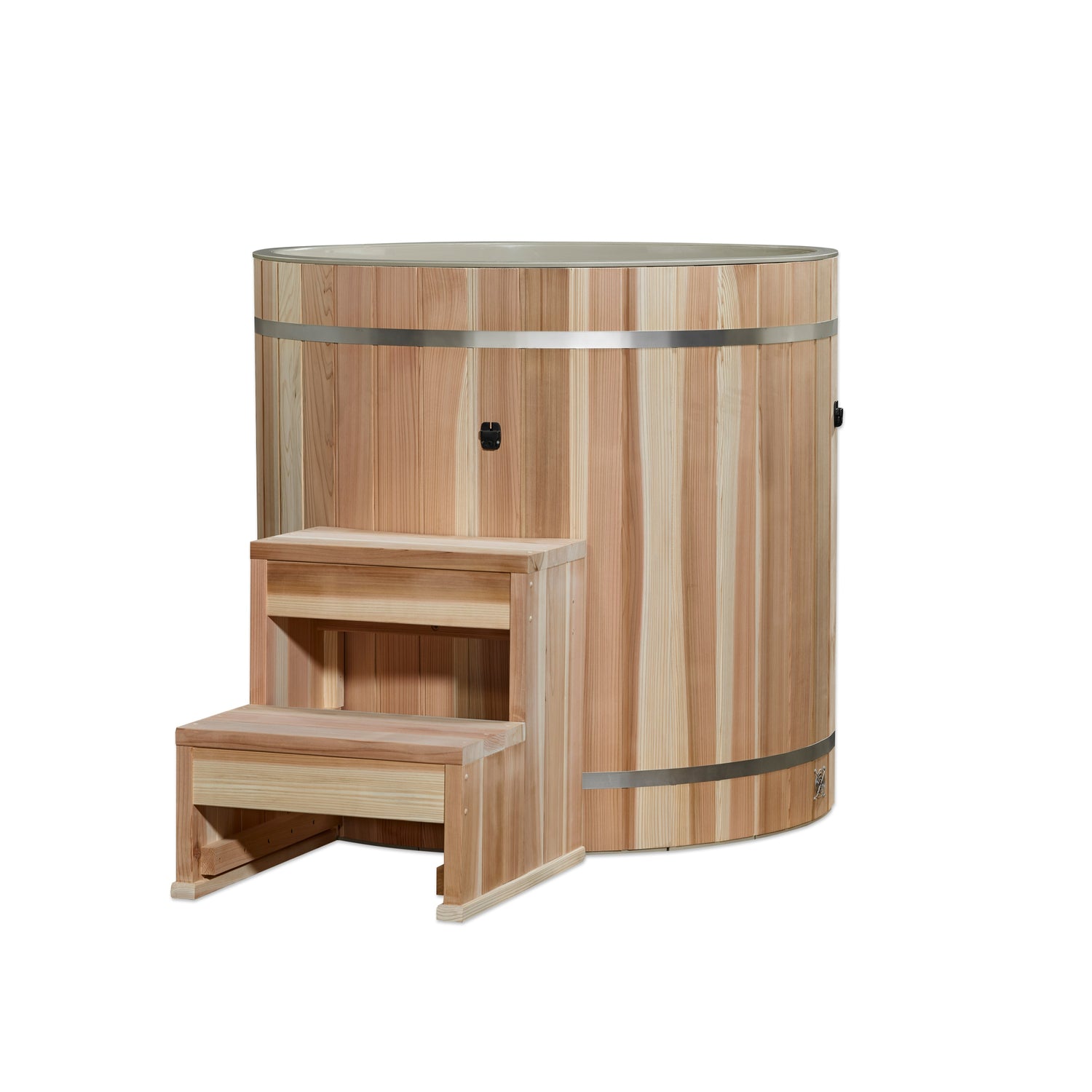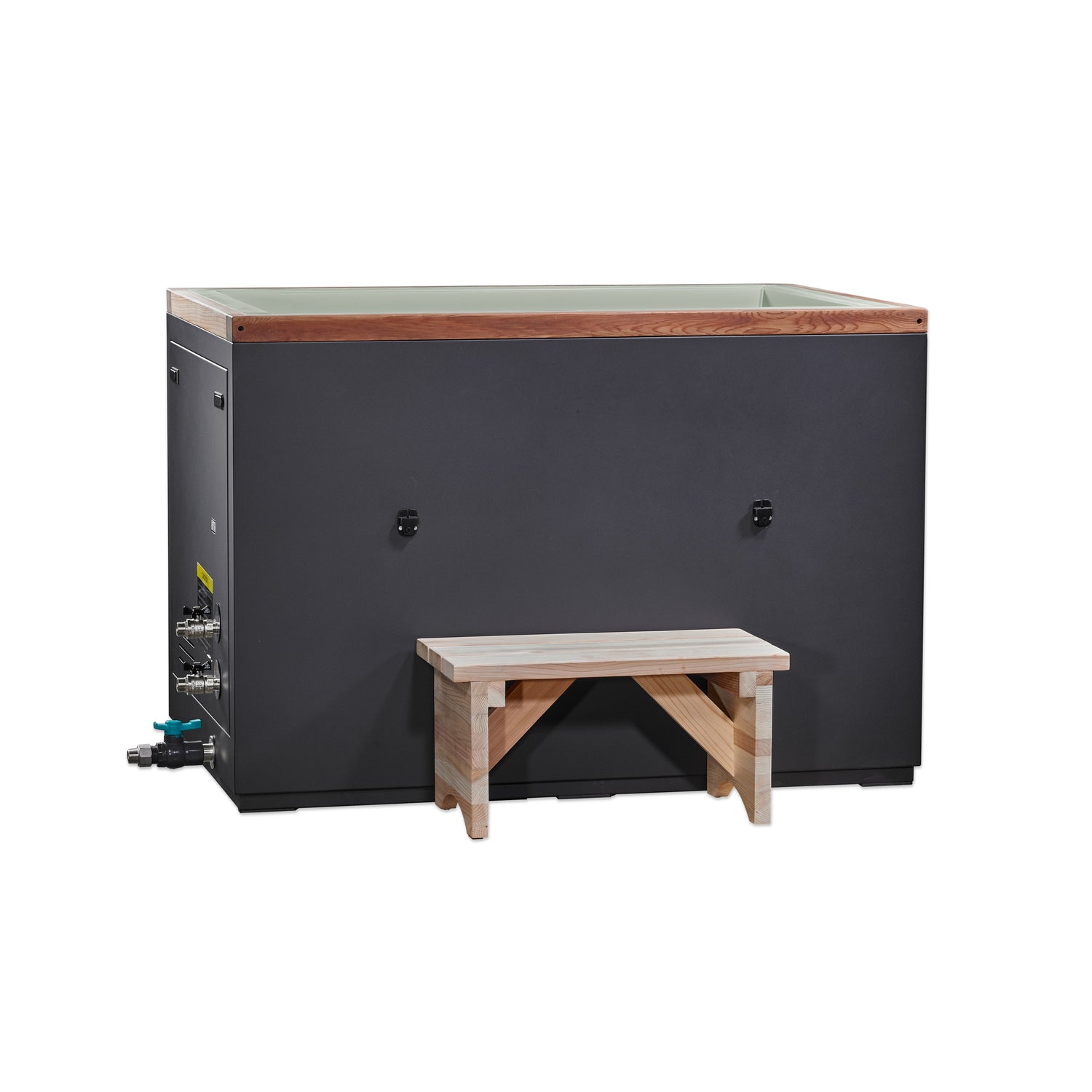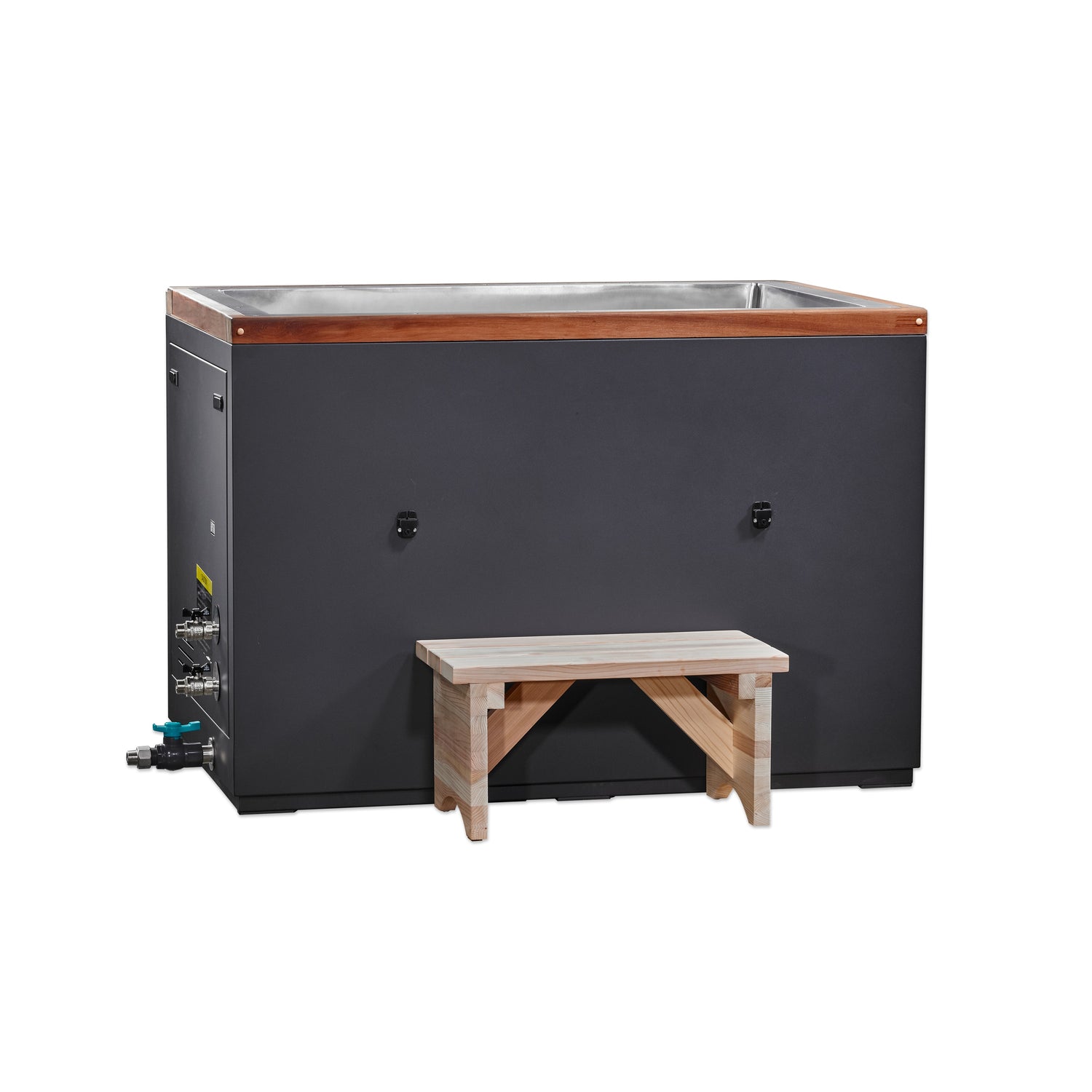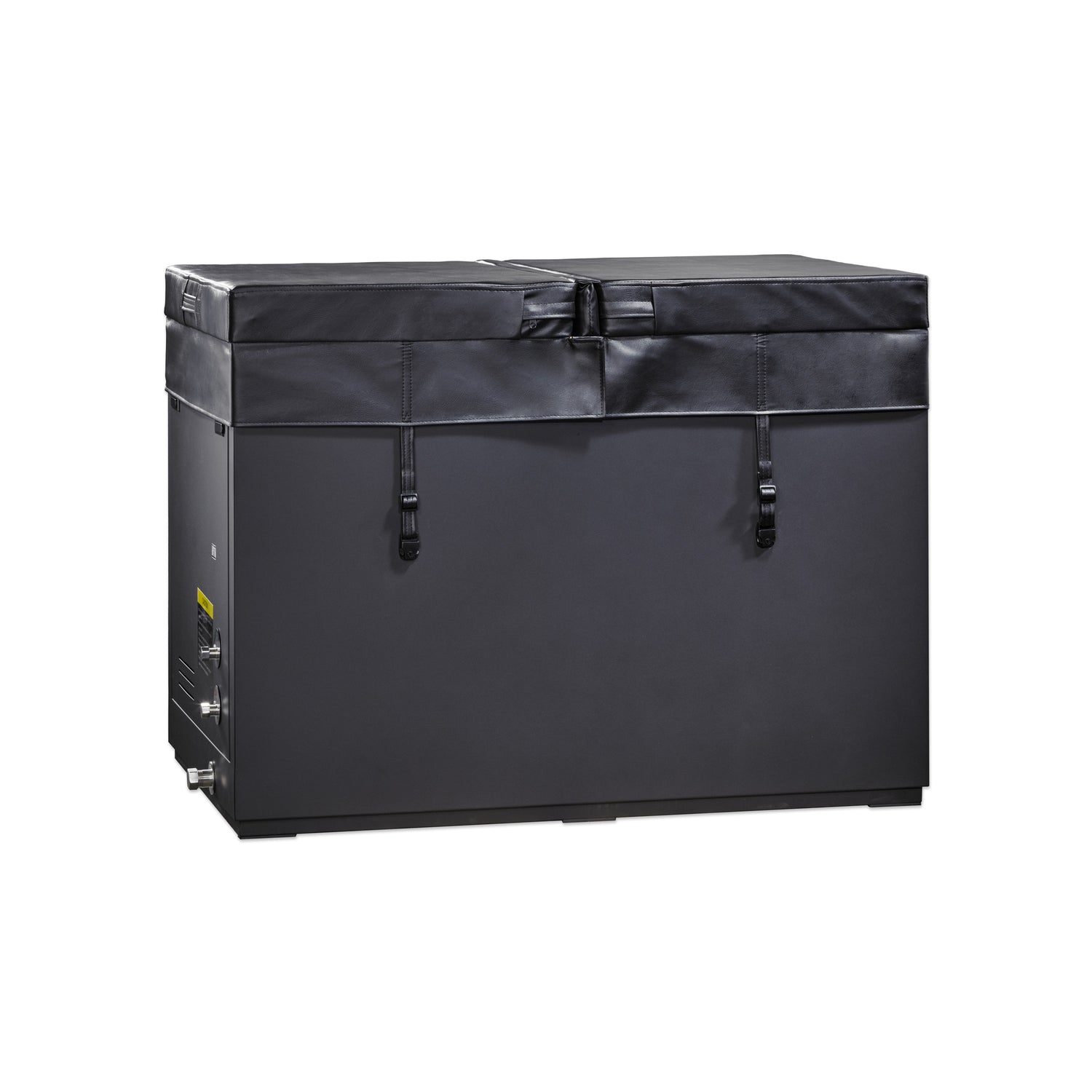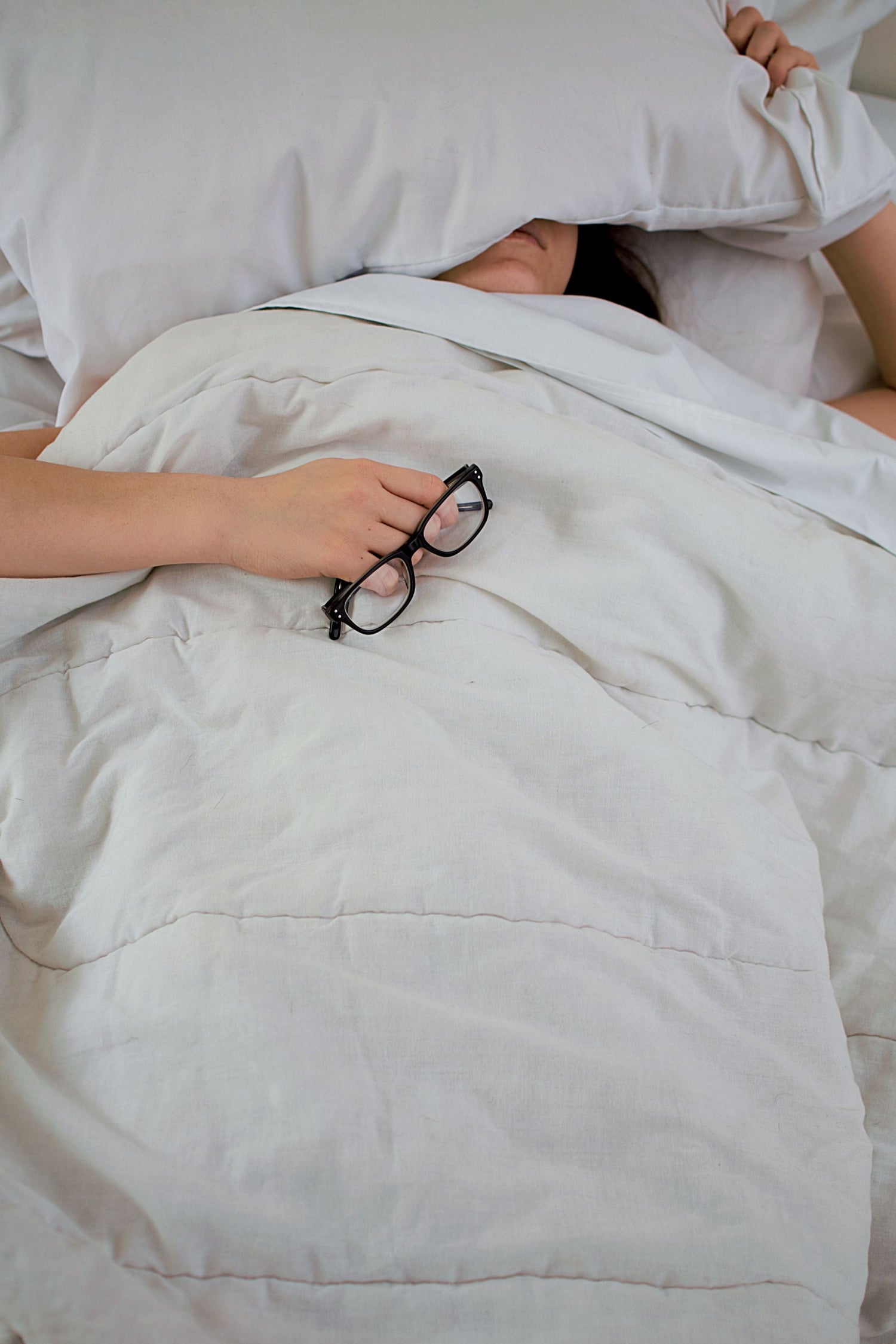the Sauna Detox
your favorite way to detox
Saunas have been established as an effective detoxification method. Given the abundance of toxins in our modern environment, it's essential to prioritize our well-being. Sauna sessions can aid in the elimination of these harmful substances, such as heavy metals and environmental pollutants, promoting a healthier and revitalized state.

Sweat more
Sweat is one of the safest ways to heal the body. The more efficient and safe your sweating process, the greater the potential for enhancing overall well-being. Research has indicated that increasing the frequency of sauna sessions per week can have a direct and positive impact on the effectiveness of the body's detoxification process, potentially leading to remarkable health benefits. Some of these potential benefits include a reduction in overall mortality rates, which has been suggested by certain studies.

sweat your way
Infrared saunas and dry heat saunas differ in their approach to both heating and detoxification. Infrared saunas use radiant heat, which directly warms your body, leading to a more gentle and efficient sweat. This method is often preferred by individuals who find traditional dry saunas, which heat the air, less comfortable due to their higher temperatures and intense humidity.
Detoxification in both types of saunas primarily occurs through sweating, as the body excretes waste products and toxins. Some individuals argue that the deeper penetration of radiant heat in infrared saunas may lead to a more profound detoxification experience. Ultimately, the choice between the two comes down to personal preference, as both can be effective in promoting well-being and relaxation.

hyrdate
Reminder proper hydration is paramount when using saunas, as sweating leads to a significant loss of fluids and electrolytes. Adequate water intake is essential to prevent dehydration and maintain the body's ability to regulate temperature and detoxify effectively during sauna sessions.
Which plunge is right for you?
Explore more benefits
references
- Dattilo M, Antunes HK, Medeiros A, Mônico Neto M, Souza HS, Tufik S, de Mello MT. Sleep and muscle recovery: endocrinological and molecular basis for a new and promising hypothesis. Med Hypotheses. 2011 Aug;77(Epub 2011 May 7. PMID: 21550729.
- Mullington, J. M., Simpson, N. S., Meier-Ewert, H. K. & Haack, M. Sleep loss and inflammation. Best Practice and Research: Clinical Endocrinology and Metabolism vol. 24 775–784 (2010).
- Blood, urine, and sweat (BUS) study: monitoring and elimination of bioaccumulated toxic elements, 2011, PUBMED
